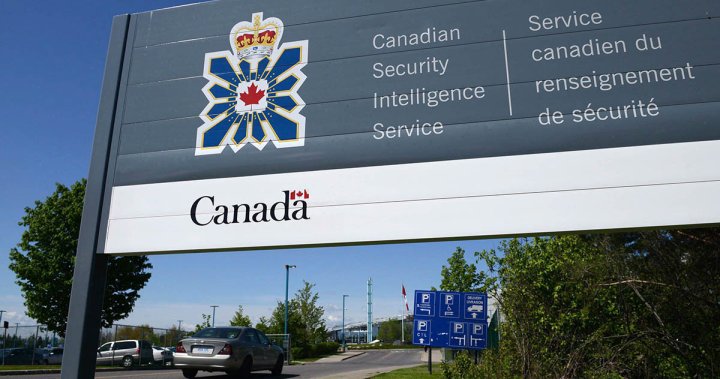
COVID-19 ‘most disruptive event’ since 9/11 for Canadian intelligence: CSIS deputy director
Global News
Extremist groups and state actors have taken advantage of the COVID crisis while the job of Canada’s intelligence agencies has become more complicated: top intelligence official
The COVID-19 pandemic has been arguably “the most disruptive event” since 9/11 for Canadian national security agencies, according to one of the country’s top intelligence officials.
Tricia Geddes, a deputy director with the Canadian Security Intelligence Service, said Wednesday the pandemic has both accelerated particular national security threats and made the work of Canadian intelligence agencies more complicated.
Geddes said CSIS “saw new threat vectors emerging immediately” at the start of the pandemic: domestic extremists harnessing COVID-19 conspiracy theories for recruitment, an increase in cyber espionage targeting Canadian research and development, and locked-down Canadians conducting sensitive corporate work from unsecured home computers.
At the same time, the national security community was dealing with pandemic complications to their work — everything from challenges with meeting sensitive sources in locked-down countries to employees working from home without access to classified material.
Geddes suggested that combination has provoked the Canadian intelligence community to think collectively on how to adapt to the new environment.
“This has been the most disruptive event probably since 9/11, arguably, for us to have to deal with. And I think it’s time for a proper reflection,” Geddes said on a panel hosted by the Centre for International Policy Studies.
“It makes sense that we look collectively at how do we build the right systems. There’s an opportunity here for us to look at this in a collective way … in some of the bigger investments that we would need to make.”
That the pandemic has introduced new threats and accelerated existing ones is not a surprise. Canada and allied intelligence agencies have called out Russia for targeting COVID-19 research, warned about the risks of more and more workers dealing with sensitive information while working remotely, and warned about hostile states increasingly turning to economic espionage.













